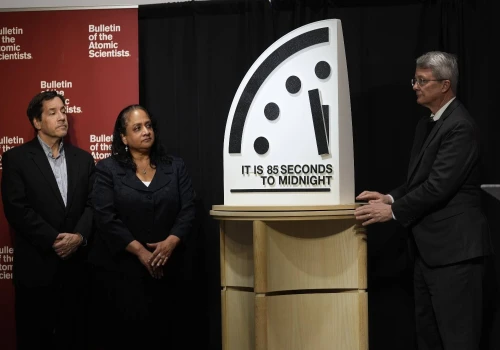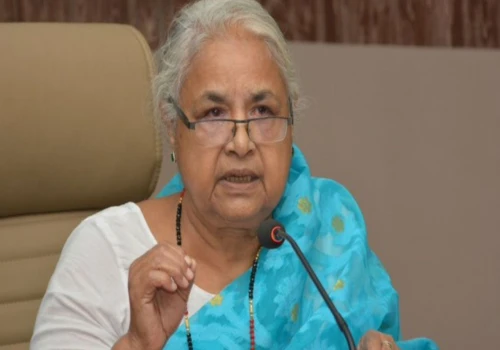
Following Maine's decision to declare Donald Trump ineligible for the U.S. presidential race, California's secretary of state has opted not to remove his name from the primary ballot. This means Trump will remain a candidate in California, the country's most populous state, where election officials have limited authority to disqualify contenders.
According to a New York Times report, Secretary of State Shirley Weber, a Democrat, signaled her inclination to keep Trump on the ballot, citing her interpretation of California law.
Earlier on the same day in Maine, Secretary of State Shenna Bellows, a Democrat, justified her decision by stating that Trump, due to his alleged involvement in the January 6 attack on the U.S. Capitol, did not meet the qualifications for the ballot. Maine's decision aligns with Colorado's Supreme Court, which, in a 4 to 3 ruling, also deemed the former president ineligible.
"I am mindful that no secretary of state has ever deprived a presidential candidate of ballot access based on Section 3 of the 14th Amendment. I am also mindful, however, that no presidential candidate has ever before engaged in insurrection," wrote Ms. Bellows.
The varying decisions on Donald Trump's candidacy across different states highlight the complex and divided nature of the legal landscape in the United States. Maine, following in the footsteps of Colorado, has banned Trump from participating in the presidential race, citing the provision of constitutional rebellion.
This stark contrast is evident as California has voted in favor of allowing Trump's candidacy, demonstrating the divergent perspectives within the country. The situation is reminiscent of the earlier decision in Michigan, where the court upheld Trump's candidacy, showcasing the lack of uniformity in legal interpretations from one state to another.








_500_x_350.webp)



